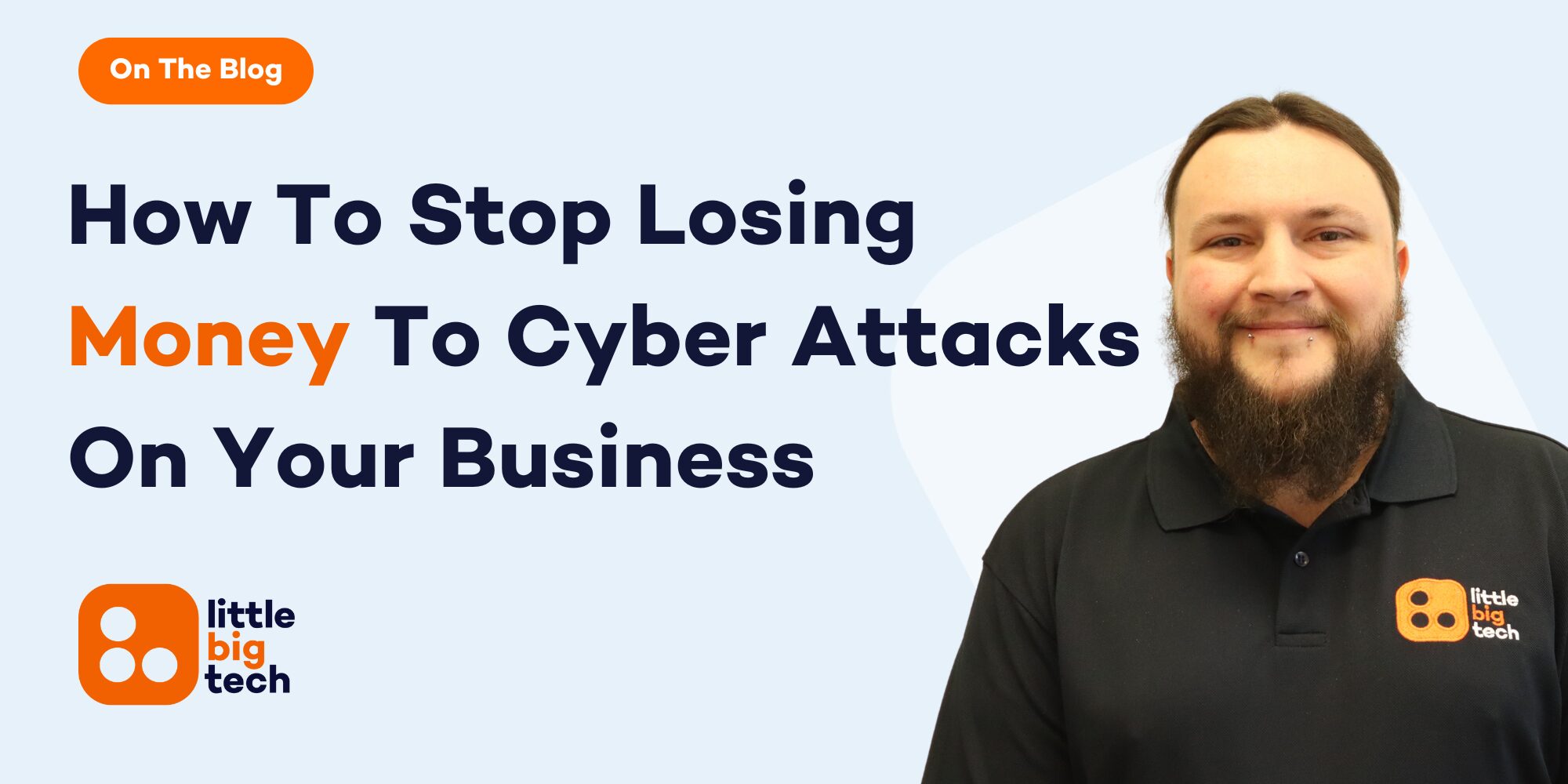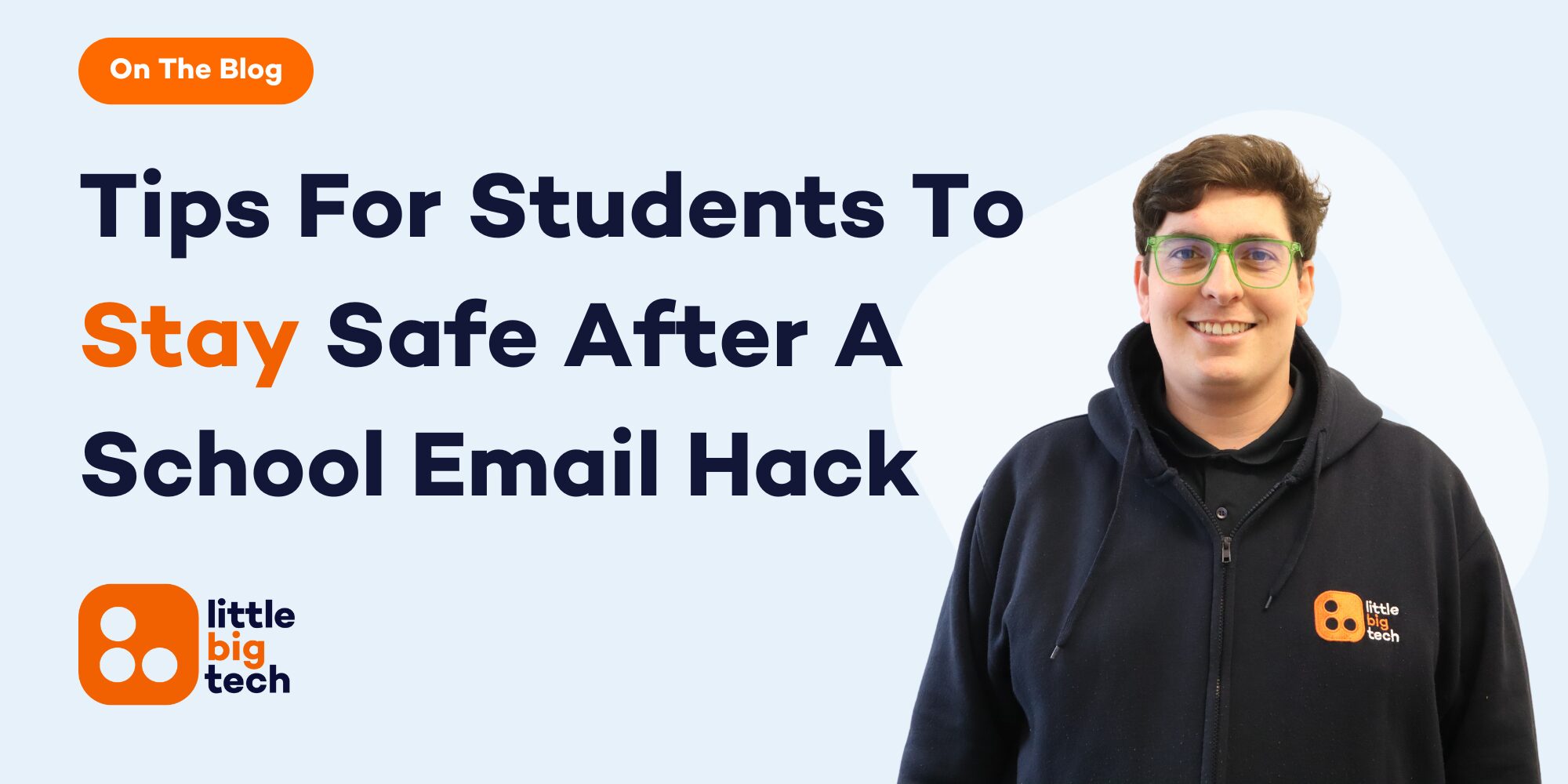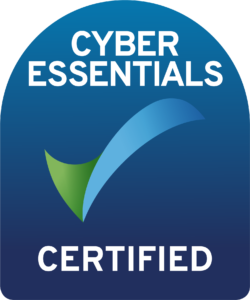Why Virus In Online Gaming Is A Real Threat Today
Virus while gaming online isn’t just a myth, it’s a very real threat that gamers face every day. Whether you play casually on your phone, stream your sessions from a high-spec PC, or compete in online tournaments, viruses can target your games and your device in ways that are easy to miss.
Gaming is no longer a niche hobby. It’s a global industry worth billions, and with that popularity comes attention from hackers, scammers, and cybercriminals. These attackers often take advantage of the trust and community spirit found in online gaming. They use fake links, free downloads, and chat-based tricks to convince players to download infected files or click on dangerous websites.
Most viruses aren’t about causing visible chaos anymore. They’re designed to run quietly in the background. They might track what you type, steal your gaming logins, or use your device to send spam or mine cryptocurrency. In some cases, entire accounts including expensive game libraries or rare items have been stolen due to viruses that entered through gaming-related links.
The aim of this guide is to help you understand the risks, know what to watch out for, and keep your gaming experience safe and enjoyable. Whether you’re into battle royales, MMOs, casual mobile games, or esports this information applies to everyone.
Because when it comes to your gaming rig, your data, and your privacy, it’s always better to be prepared than regret clicking the wrong thing.
Can You Get A Virus In Online Gaming?
Yes! you absolutely can get a virus when online gaming. Just because you’re not visiting suspicious websites or downloading random files doesn’t mean you’re safe. Cybercriminals have become clever, and they’ve figured out how to hide malware in some very convincing places that gamers visit every day.
One of the most common ways viruses spread is through mods and third-party tools. These might be offered as “performance boosters,” “FPS enhancers,” or “skin packs” that seem helpful. But once installed, they often open a backdoor into your system.
Another method involves pirated or cracked games. You might think you’re saving money, but downloading games from unofficial sources is one of the quickest ways to infect your computer. These versions often contain hidden scripts or executables that install malware the moment you launch the game.
In-game chat platforms are also a source of risk. Attackers often pose as helpful players and send you links to “helpful files” or external websites. These links may lead to phishing pages that look like login screens but are actually designed to steal your passwords.
One real-world example involved a popular cheat software for a major FPS game. Thousands of players downloaded it, hoping to gain an advantage. Instead, it installed spyware that recorded keystrokes and compromised email and game accounts.
Even mobile gaming isn’t safe. Many unofficial app stores offer free games that are actually malware in disguise, especially on Android devices that allow third-party installs.
The bottom line? Yes, you can absolutely get a virus in online gaming and it often starts with one small, seemingly harmless decision. The trick is to know how it happens, so you can avoid falling into the trap.
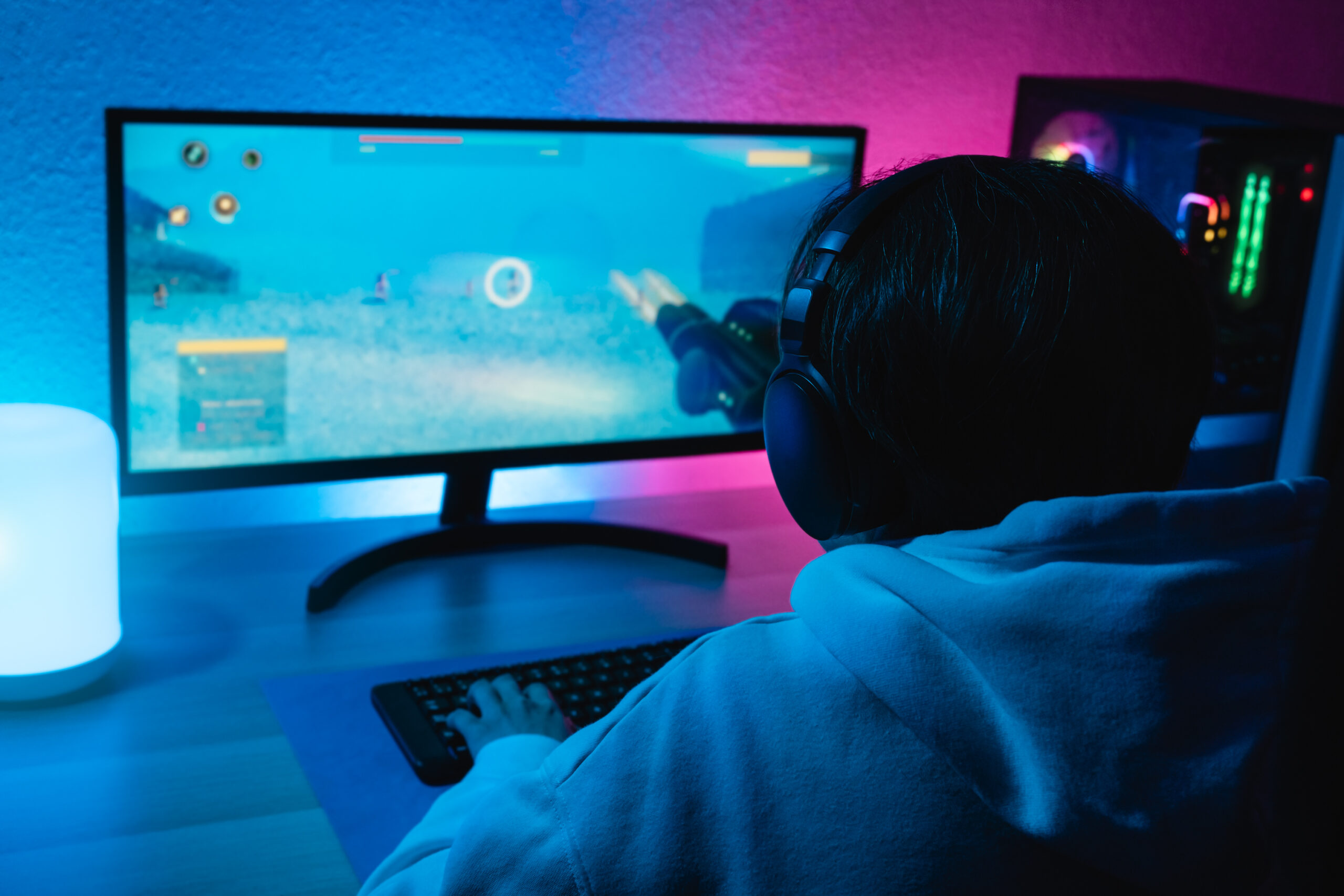
Common Ways Viruses Spread in Online Gaming
Understanding how viruses spread in gaming environments is key to avoiding infection. Here are some of the most common methods that gamers fall for:
Fake cheat codes or hacks
One of the oldest tricks in the book. You search for a cheat, hack, or exploit, and find a site offering a “free download.” But instead of giving you an edge in the game, it installs spyware or trojans that monitor your activity or send your data elsewhere.
Free skins, loot boxes, or premium currency
Gamers love customisation and attackers know this. Fake offers for rare skins or free loot boxes can be tempting, but clicking on them often leads to malicious downloads or phishing scams that ask for login credentials.
Modding websites with hidden malware
Some modding sites bundle legitimate mods with malware. Once installed, the mod works fine, but the virus remains in the background. These viruses might log your keys, take screenshots, or access your camera or mic.
In-game chat links or private messages
It’s common in MMOs or PvP games to get unsolicited messages from strangers. These may include links to “helpful guides,” “giveaways,” or “game-enhancing tools.” In most cases, clicking these links leads to phishing or drive-by downloads.
USB devices at public events
At LAN parties or tournaments, gamers often share files via USB. If even one device is infected, malware can spread from PC to PC in minutes. This is especially risky in shared environments where antivirus protection may not be active.
Pirated games or game cracks
Cracked versions of games often skip security checks for good reason. They’re often loaded with trojans, backdoors, or keyloggers that silently run as soon as the game launches.
Browser game ads and redirects
Free-to-play browser games often include aggressive advertising. Accidentally clicking a pop-up or fake “download” button can trigger a malware download or redirect you to an infected site.
These are just some of the methods used. If it seems too good to be true, or comes from an untrusted source it probably carries a risk.
Signs Your Gaming Device May Be Infected
Sometimes, a virus doesn’t announce itself right away. Here are some tell-tale signs your gaming device may already be infected with malware:
Game lag or crashing unexpectedly
If your games start freezing, crashing, or lagging despite a decent internet connection and no hardware changes, malware might be hogging resources in the background.
Unexpected pop-ups or messages
If you’re getting strange alerts outside your game especially when your browser isn’t open, you could be dealing with adware or worse.
Device overheating during light use
Gaming machines often run hot, but if your PC or console is heating up even when idle or on the menu screen, it could be malware pushing your CPU or GPU constantly.
Slower boot times or general performance issues
If your gaming laptop or PC takes longer than usual to start up, or if apps open slowly, there may be hidden processes draining power.
Browser opening by itself or going to strange websites
If your browser launches on its own or redirects you to pages you didn’t search for, this can be a sign of a browser hijacker.
Missing files or folders
Some malware may hide, rename, or delete files. If you notice game saves or system files missing, that’s a red flag.
Login issues with game accounts
If you keep getting kicked out of your accounts, or receive password reset emails you didn’t request, your credentials might already be compromised.
Don’t ignore these signs. Run a scan, change your passwords, and disconnect from the internet if things start to feel off.
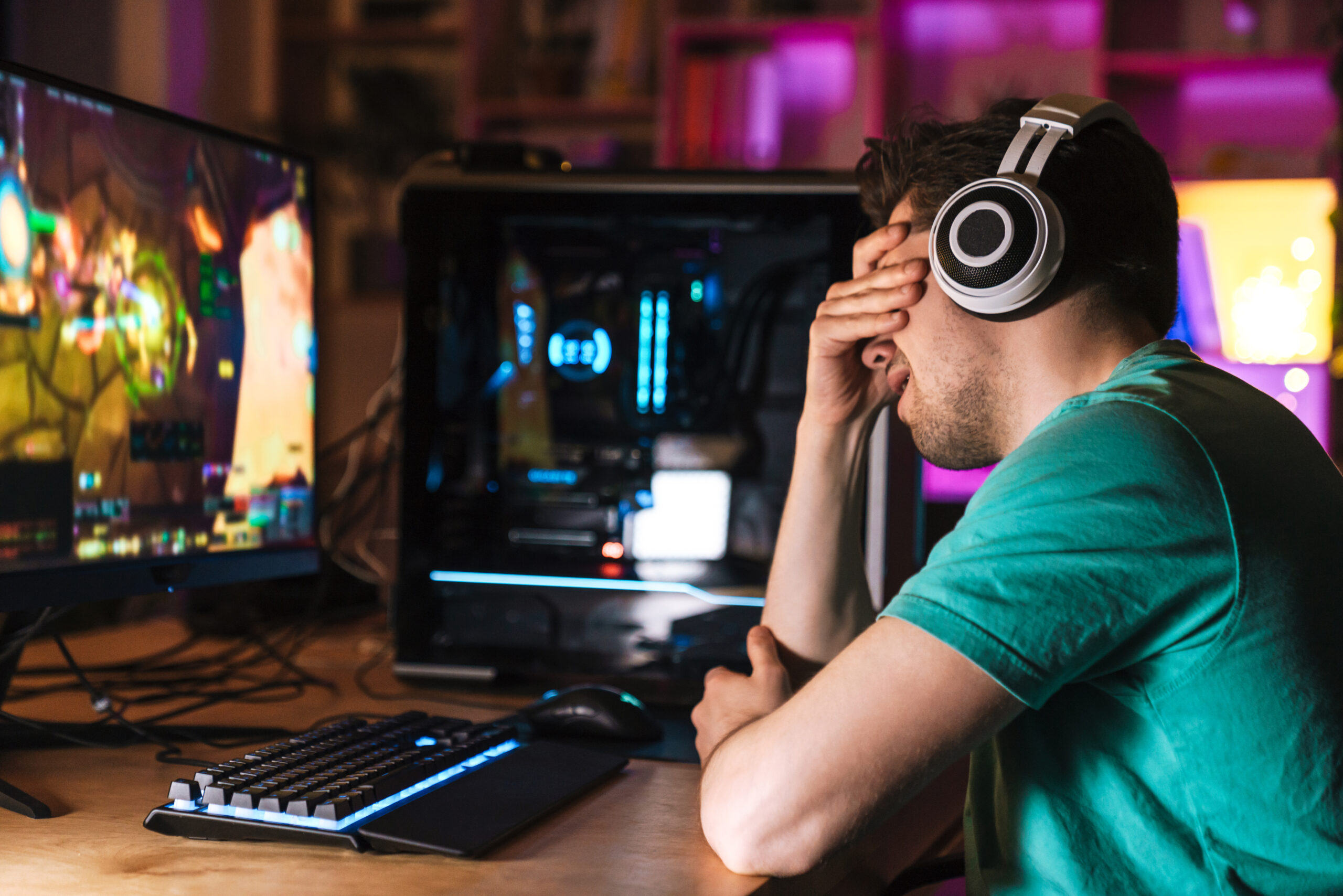
How To Protect Yourself From Malware While Gaming
The good news? You don’t have to be a tech expert to stay safe. Here are practical tips every gamer can follow:
Stick to official sources
Only download games, mods, and updates from trusted platforms like Steam, Epic Games, Xbox Live, PlayStation Store, or the Apple App Store. Avoid file-sharing sites or shady forums.
Use a reliable antivirus
Install a quality antivirus that’s updated regularly. Look for one with real-time protection and gaming mode, so it doesn’t interrupt your play but still keeps threats out.
Avoid cheat software and hacks
Not only are cheats unethical in multiplayer games they’re also a massive security risk. Most “free cheats” are just trojans in disguise.
Don’t click strange links
Even if a friend sends a link through Discord or in-game chat, double-check it before clicking. If it looks odd or ends in strange domain extensions (.ru, .xyz), it’s best avoided.
Use strong, unique passwords for your gaming accounts
Don’t reuse passwords across platforms. Use a password manager to keep track of them, and enable two-factor authentication where available.
Update your software regularly
Games, operating systems, and antivirus software should always be up to date. Many updates include security patches for known vulnerabilities.
Set up a guest account for shared devices
If friends or family use your console or PC, create a separate guest account without admin rights. This limits access and reduces the chance of them installing something unsafe.
Backup your game data
Use cloud saves or external backups for your game data. If malware hits, at least you won’t lose your hard-earned progress.
Taking a few simple steps can help keep you in the game and out of trouble.
Gaming Should Be Fun — Not Dangerous
Online gaming is meant to be immersive, exciting, and social. But without a little caution, it can also become a gateway to viruses, scams, and serious privacy issues. The good news is that avoiding virus in online gaming comes down to being informed and alert.
You don’t need to be paranoid just aware. Avoiding dodgy links, ignoring offers that seem too good to be true, and keeping your system protected are often all it takes to stay safe.
If you’re a parent, talk to your kids about what safe gaming looks like. Make sure they understand that not all downloads are harmless and that not every friendly player in chat has good intentions.
If you’re a streamer or competitive gamer, take the time to secure your accounts. One mistake can lead to account loss, stream hijacks, or worse — data leaks.
Online games are designed to bring people together. But the moment you lose control of your device or your data, the fun quickly disappears.
Play smart, stay updated, and make online safety part of your gaming strategy. Because your skills deserve protection and so does your digital world.



